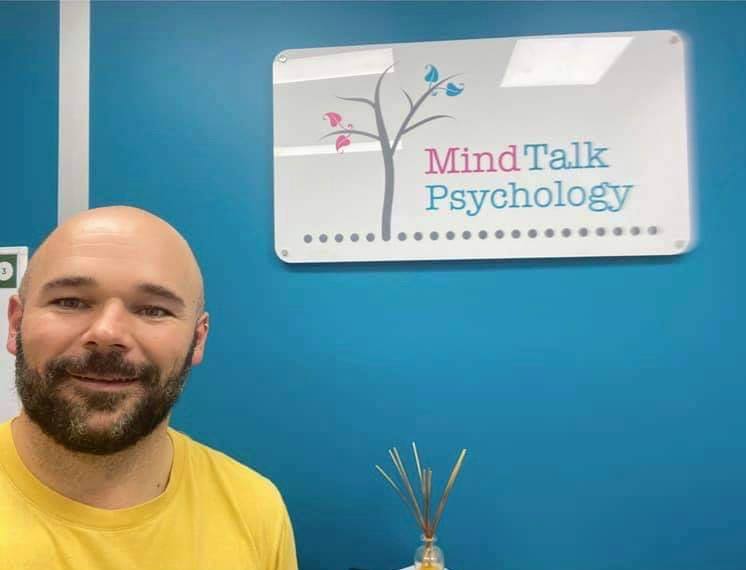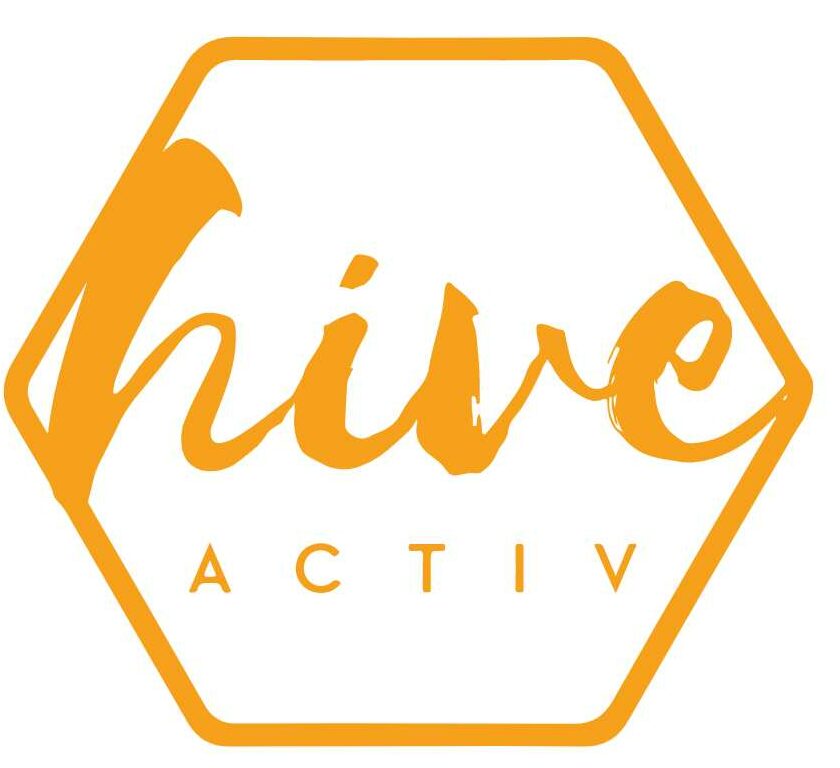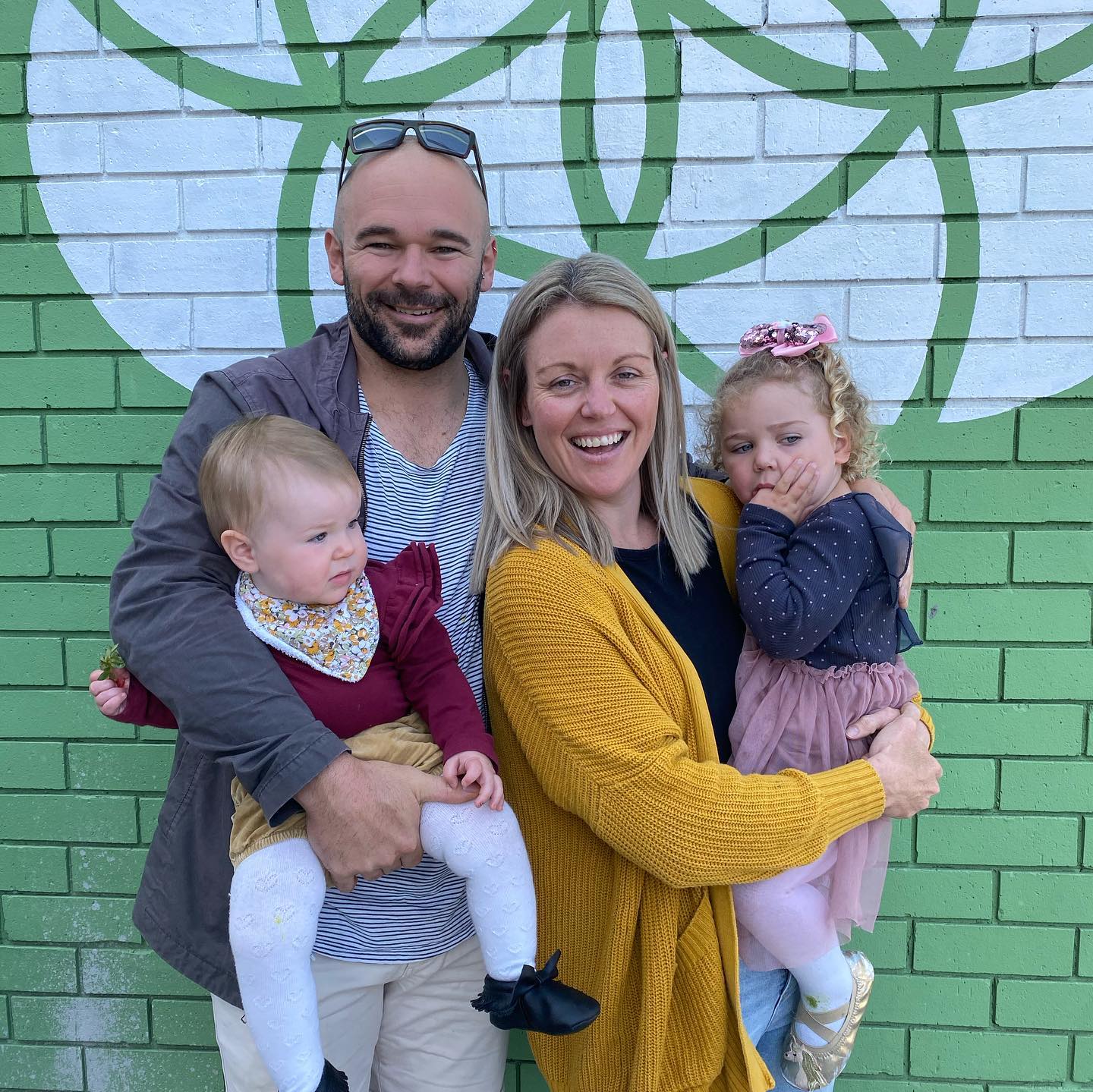When Aaron Hodgson first started experiencing signs of severe depression and anxiety, he struggled to recognise what was happening.
“I was crying for hours every day. I was sweating, vomiting and shaking every day.”
“I kept quiet for a long time because I was embarrassed and didn’t understand it.”
For six months, Aaron fell deeper into the darkness that was consuming his life.
“I ended up having a lot of suicide thoughts. I wasn’t actually doing it, but the thoughts were popping into my head all the time. Like, ‘if I just crash my car.’ Or I would think about jumping off bridges.”
He shares that the pressures of providing for a young family kept him trapped in a toxic work environment and prevented him from reaching out for help.
“I felt stuck in mud and didn’t know how I could get out.”
Another major hill in his battle was coming to terms with the fact that he could be susceptible to mental health struggles.
“I thought I was immune to mental illness.”
Interacting with Aaron, you’d be forgiven for coming to the same conclusion. His energy is infectiously positive, and with 13 years of experience in the health and fitness industry, he is a beacon of healthy living.
“I was that guy people would chat to if they wanted to know about health and fitness. So it was hard for me to understand. I lost my identity and I was embarrassed.”
Australia and mental health
If you zoom out to look at Australia’s mental health picture, it appears comparatively rosy.
In the 2021 World Happiness report, Australia was ranked the 12th happiest country in the world, with an official happiness score of 7.294 out of 10.
A pretty impressive title considering that 95 countries were included in the report. Australia placed 12th in 2020 as well, with that year’s report including 153 countries.
Despite this, 20% of Australians aged 16-85 experience mental illness in any year, and at least six Australians die from suicide every day.
Alarmingly, this rate is more than doubled for Indigenous Australians.
For far too many, Aaron’s battle to reach out for help is a recognisable struggle. The Black Dog Institute reports that 54% of people struggling with mental illness in Australia do not access any treatment.
This is particularly true for men. Despite being at the greatest risk of suicide, men are the least likely to seek help.

Thankfully, Aaron reached out for help before it was too late.
He began speaking with a number of different psychologists who helped him understand what he was experiencing and worked with him to develop some management and recovery strategies.
“One thing I was really encouraged to do was to get moving.”
“I’d lost focus on exercise when I used to really enjoy it.”
As someone who had always lived an active lifestyle, getting moving again helped Aaron regain a sense of his former self.
But the mental health benefits of exercise aren’t exclusive to people who have always had an interest in fitness.
Here are just a few reasons why exercise should be kept handy in everyone’s mental well-being toolbox.
Immediate mood boost
Have you ever had a difficult day at work, or maybe a rude run-in with a stranger that has kept you in a low mood for hours, then gone for a run and felt instantly better?
That is because when you work out, your brain treats you to a tasty cocktail of happy chemicals.
You have likely heard that exercise releases endorphins, the chemicals in charge of relieving pain and stress.
But it also signals the release of serotonin and dopamine, the chemicals that flood our brain when we fall in love, eat good food and laugh until we can’t breathe with our friends.
In a Ted-Talk titled The Brain-changing Benefits of Exercise, neuroscientist Wendy Suzuki champions exercise as “the most transformative thing that you can do for your brain today.”
Studies have shown that not only will you enjoy an immediate mood boost, but your attention and focus will be heightened in the hours following your workout as well.
And you don’t have to be a pro athlete to reap the rewards. A 30-minute workout that gets your heart rate up is enough to get those happy hormones pumping.
In it for the long haul, baby
Exercise also has a more lasting, long-term role to play.
Disorders such as depression or anxiety – or a combination of both as in Aaron’s case – require ongoing and intensive care that will differ from one individual to the next.
Speaking with The Conversation, psychiatrist and neuroscientist Arash Javanbakht explained, “I have begun to think of prescribing exercise as telling my patients to take their exercise pills.”
In the same way that anti-depressants work best when taken consistently, exercise becomes truly transformative when it becomes a regular routine.
This is because the more you engage in behaviours that promote good feelings, the easier it is for your brain to activate that positive neural pathway.
Think of it like this.
Your thought patterns are like paths through a forest. The more you travel down a path, pruning the trees along the way, the easier that path is to walk down. It’s a trodden, familiar road you’ll instinctively turn to.
So while regular trips to the gym might not be a golden ticket to eternal happiness, clear skin and sunny days, it does set you up for the best fighting chance when the blues do hit.
“It’s another element of protection for your mind,” shares Aaron.
“So I make sure I’m moving every day. Whether it’s a couple of simple stretches or a walk or a jog, I just try to get a sweat up every day.”
In addition to this, Suzuki and her team have also observed that regular exercise increases the size of your hippocampus (you actually have two hippocampi located deep on both sides of your noggin).
And you know what they say about a big hippocampus…better long-term memory!

Do what you can
Granted, sometimes it does not feel that simple.
“When you are in it, motivation really lacks. Even though you know deep down how important it is to just get the clothes on, get outside and do it, it’s almost impossible at times,” explains Aaron.
“You don’t want to do anything. You don’t want to see anyone. Don’t want to talk to anyone. It’s quite strange.”
If you can’t muster up the energy to bust out a 30-minute HIIT session, that is okay.
Aaron shares that some of the best advice he was given by his psychologist was that “you can’t change everything at once. The most important thing at the moment is to keep you alive.”
Start with small goals, even if it is just a walk around the block.
It might feel like a small win, but it is a giant step in the right direction.
“Everything will eventually start to come together, the rest of your life,” affirms Aaron. “There definitely is a light.”
The social benefits of exercise
Exercise keeps your body and your brain healthy.
It can also keep your heart healthy – the metaphorical one.
For Aaron, the support and connection he found through his fitness community proved pivotal to his recovery.
“Signing up to Hive Activ’s strength challenge was my first real journey back to exercise.”
“It was so good to get back around a smaller, intimate community.”
“The first morning I came in to do the testing [for the challenge], I got a really big whack of that good feeling back from when I used to train in a Crossfit gym. There is a lot of support. People saying G’day and everyone is just being themselves.”
Gyms are so good at creating supportive communities because they bring together diverse individuals with a common interest – a desire to feel and do better.
They open you up to a wider network of friends to lean on when the going gets tough.
Or to simply have a laugh with, which sometimes is the most effective medicine of all.

When anti-depressants were first going through clinical trials, the results appeared so impressive that many believed they would cure mental illness altogether.
They have proved to be invaluable in so many ways, saving the lives of countless people. And they will continue to play a crucial role in managing mental illness for as long as we know (or until human ingenuity devises something more efficient that replaces them).
But the reality is that mental health is complex. There is no silver bullet or single solution to deal with mental illness.
Far from being pessimistic, this fact – one we collectively are just coming to realise – is where true hope lies.
As we continue to untangle outdated assumptions of mind-body separation from our understanding of medical conditions like mental illness, we equip ourselves better to tackle them.
There is a reason why we have physical metaphors for emotional states, like “there are butterflies in my stomach,” or “I’m heartbroken,” or “they’re a bit hot-headed.”
There is also a reason why when you sit in the sun, feeling the warmth seep into your skin, you start to feel happier.
It is because our mind and our body are in an eternal conversation, constantly responding and reacting to one another.
Keeping your body healthy is only one way of keeping your mind healthy.
But it is an important part – one that you can start doing right now.
You are never alone. Help is always available. Speak with someone today.
Lifeline 24-hour crisis support: 13 11 14
Kids Helpline 24-hour crisis support (ages 10-25): 1800 55 1800
Beyond Blue online chat support 1pm to 12am (AEST) every day




